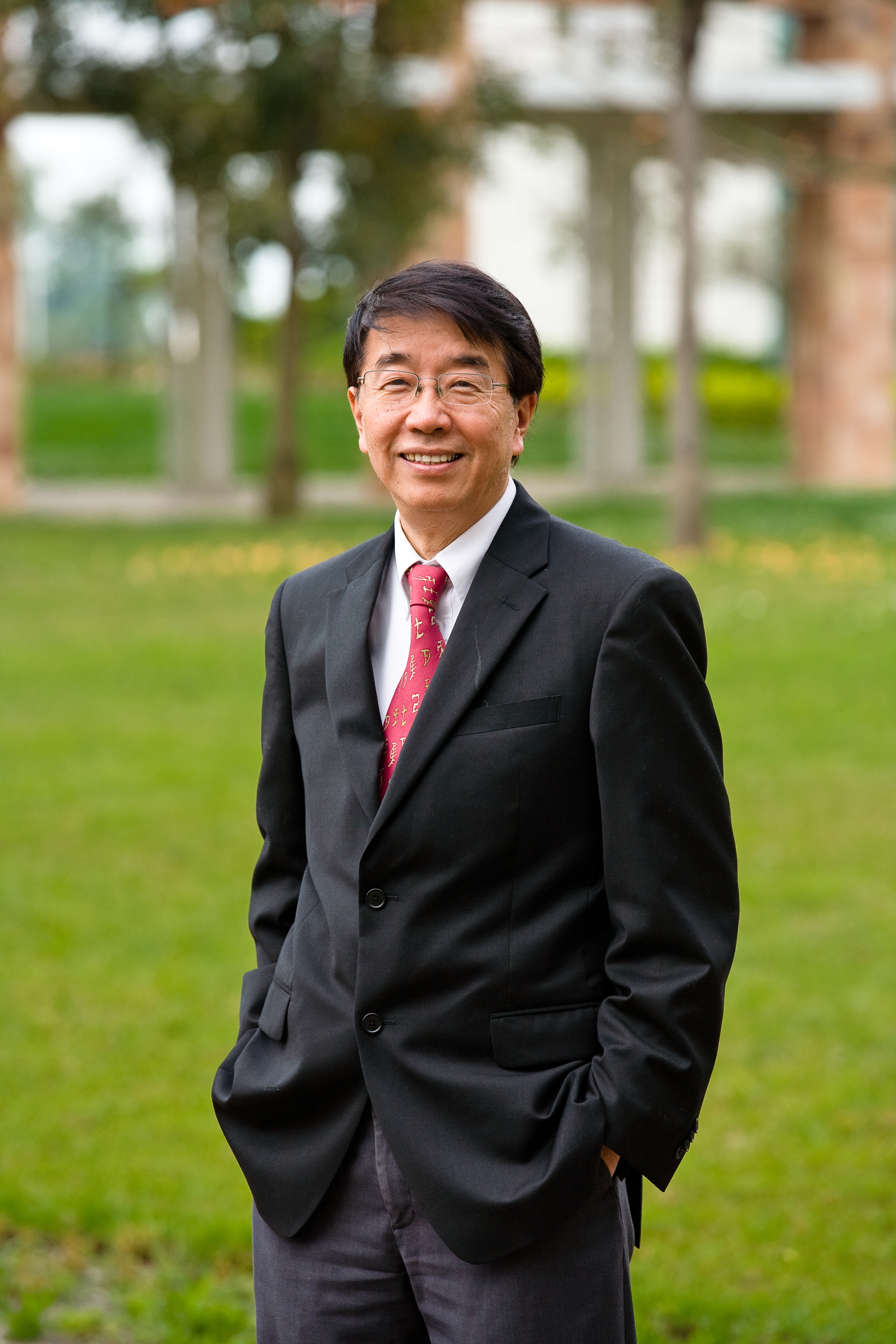Hsing-Jien Hung

Affiliations
National Health Research Institutes, Taiwan
Biography
Dr. Hsing-Jien Kung is President of National Health Research Institutes (NHRI), Taiwan. He was Director of Basic Research, U. C. Davis Cancer Center prior to his joining NHRI in 2013. Dr. Kung’s lab has a long standing interest in tyrosine kinases, histone demethylases and androgen receptor regulation. His lab was credited for the original discovery of erbB/EGFR as a target gene for retroviral insertion, establishing this locus as a protooncogene and demonstrating the oncogenecity of v-src DNA. In the area of prostate cancer, his lab was the first to establish: a tyrosine kinase profile, IL-6 induced neuroendocrine differentiation and the involvement of Src/Etk/FAK trio-kinase complex in androgen-independent growth.
More recently, his lab contributed to the identification of the origin of the newest human retrovirus, XMRV and dispelled its direct relationship to prostate cancer and chronic fatigue syndrome. His current research specifically focuses on metabolism and epigenetics of prostate cancer and Kaposi's sarcoma. Recent publications include the identifications of novel autophagic pathways in starve cancer cells and long non-coding RNAs involved in tumor metabolisms. .
Abstract
A Novel Long-Coding RNA Connects C-MYC To Tumor Metabolism
Hsing-Jien Kung, National Health Research Institutes, Taiwan, ROC
Long non-coding RNAs have been implicated in a variety of physiological and pathological processes including cancer. In prostate cancer, PCGEM1 (prostate cancer gene expression marker 1) is an androgen-induced prostate specific lncRNA whose overexpression is highly associated with prostate tumors. Here we report a novel function of PCGEM1 that provides growth advantages for cancer cell by regulating tumor metabolism via c-Myc activation.
PCGEM1 regulates multiple metabolic genes at the transcriptional level. Significantly, PCGEM1 binds directly to target promoters, physically interacts with c-Myc, promotes chromatin recruitment of c-Myc, and enhances its transactivation activity. By being a coactivator for both c-Myc and AR, PCGEM1 reprograms the androgen network and the central metabolism in a tumor specific way, making it a promising target for therapeutic intervention.

